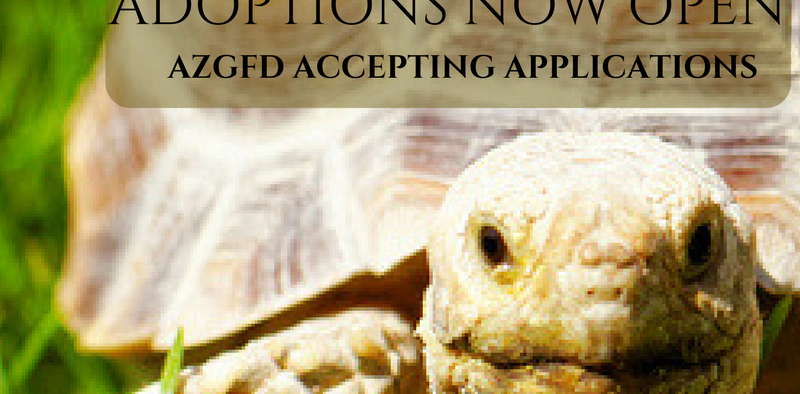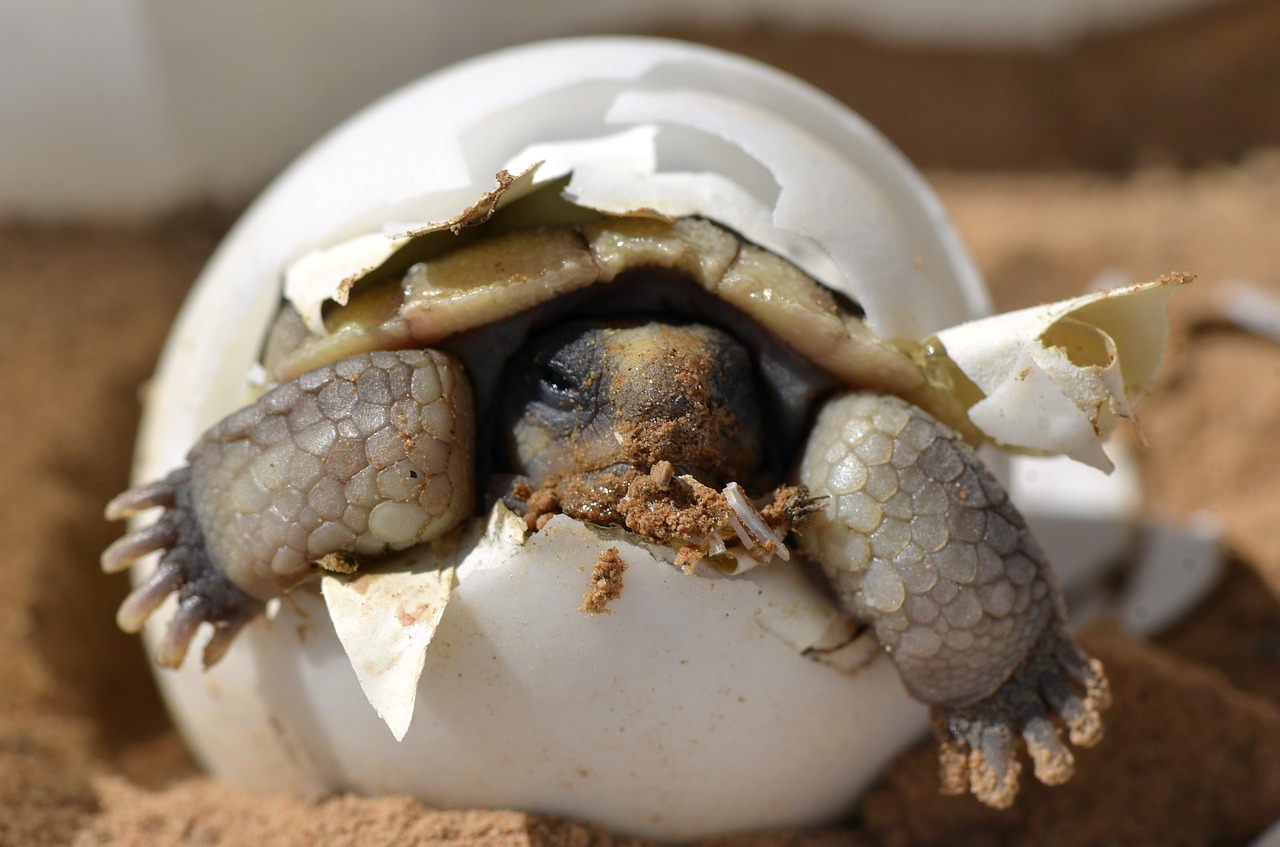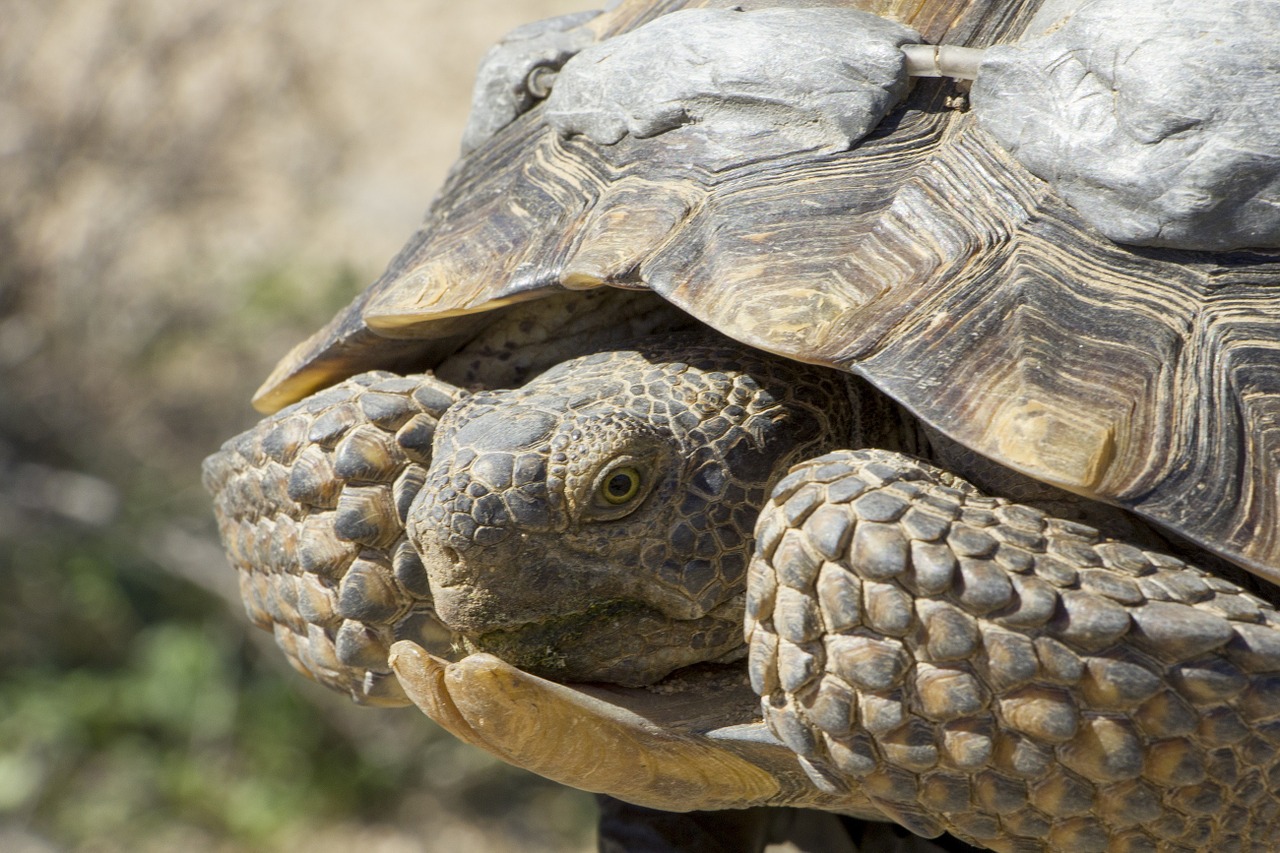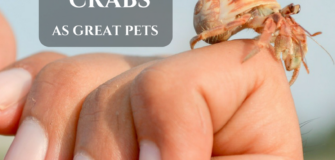Applications Being Accepted for Desert Tortoise Adoption
Share

If you’ve considered adopting a desert tortoise, this is for you! Arizona is now accepting applications for AZ Desert Tortoise adoptions. Each year, Arizona Game and Fish Department (AZGFD) offers residents a chance to adopt a desert tortoise. This year, nearly 100 desert tortoises will awaken to prepare for summer and AZGFD wants to make sure they get into good homes.
This is a unique and relatively rare opportunity to bring an amazing pet into your home (or yard). But, these are special animals and require some special care. Pay attention!
There is no charge to adopt these animals, but adopters must have a securely enclosed yard or a separate enclosure that is free from others pets, unfenced pools and other hazards. You must be a permanent resident of Arizona to qualify because these are tortoises that have to stay in our unique environment.
These tortoises are only available for adoption to residents living within the species’ native range (which includes the Phoenix, Bullhead City, Kingman, Prescott, Lake Havasu, Tucson and Yuma areas). Each tortoise will receive health checks before going to their homes.
Desert Tortoises as Pets
The desert tortoise is a threatened species that are native to a specific range that includes the Sonoran and Mojave deserts. This herbivore will grow to be between 9″-15″ long in the upper shell (carapace) length.
These tortoises live on average between 80-100 years, so it’s very important you provide for your pets in a will or living trust. This helps ensure your pet will have a home forever.

You Must be a Resident of Arizona
Arizona law prohibits removing desert tortoises from the state. This applies if you:
- Move out of Arizona: You must surrender your tortoise to an approved adoption facility.
- Pass away without a designated caretaker: Your family or estate must surrender the tortoise to an approved adoption facility.
If you remain within Arizona but relocate your tortoise, you must contact your nearest adoption facility to update their information.
A Little About Desert Tortoises
Recently the desert tortoise was split into two separate species. The Agassiz’s desert tortoise (Gopherus agassizi) lives in the Mojave deserts of California, Nevada, Utah, and Arizona west of the Colorado river. The Morofka’s desert tortoise (Gopherus Morafkai) resides in the Sonoran deserts of Arizona east of the Colorado river and Mexico. These fascinating reptiles are protected by state law.
These tortoises are avid diggers and enjoy tunneling through yards. They will hide under rocks or sleep in their enclosure during the hottest part of the day. During the winter, they hibernate and (remember to get your tortoises their “pre-hibernation” veterinary check up prior to their slumber).
They are fascinating creatures, spending most of their lives (around 95%) in burrows, emerging during the summer monsoon to feed and breed. Their diet consists solely of desert plants, and they even obtain all their water from these plants, making them well-adapted to their arid environment.
It’s important to remember that owning a desert tortoise in Arizona comes with specific regulations. It is illegal to:
- Collect a desert tortoise from the wild.
- Breed desert tortoises.
- Remove a desert tortoise from Arizona.
If you encounter a desert tortoise, it’s best to leave it be and admire it from a distance. If you’re interested in caring for one, consider adopting a surrendered tortoise through the Arizona Game & Fish Department’s program.
So, why would you want to adopt a tortoise?
Tortoises make amazing pets, that’s why. On top of that, they’re hilarious and provide you hours of entertainment!
Every tortoise has a wonderful, very distinct personality and enjoy a special bond with their keepers. These tortoises are entertaining, personable and can even be trained. If you have a member of the family who is allergic to furred animals like dogs and cats, a tortoise can be an excellent companion for them!
If you would like to see if you qualify, visit this page at the Arizona Game and Fish. Still have questions about their behavior? You can learn more about the care of these incredible animals at Arizona Exotic Animal Hospital.

The Laws and Regulations for AZ Desert Tortoises
Remember that it is not only illegal to release a captive desert tortoise into the wild, doing so is detrimental to wild tortoises because it can spread disease and disrupt uniquely adapted genetics in wild populations. It is also illegal and detrimental to desert tortoise populations to collect tortoises from the wild. You may adopt a desert tortoise if you are a permanent resident of Arizona.
Arizona law has prohibited removal of Sonoran desert tortoises from the wild since 1988. The Sonoran desert tortoise is listed as a Candidate species by the USFWS. Lawfully obtained desert tortoises may be privately adopted, but desert tortoise adoption in Arizona is subject to specific rules.
Per Commission Rule R12-4-407(B)(1), a person may possess, transport or give away a desert tortoise or the progeny of desert tortoises legally held prior to April 28, 1989, or obtained through a Department authorized adoption program, without a special license. An individual who receives a desert tortoise that is given away under this rule is also exempt from the special license requirements. Possession limit is one desert tortoise per person. An individual shall not propagate captive desert tortoises or export a desert tortoise from this state unless authorized in writing by the Department. Per Arizona Game and Fish Commission Order 43, “Possession limit is one desert tortoise per person per household.”










